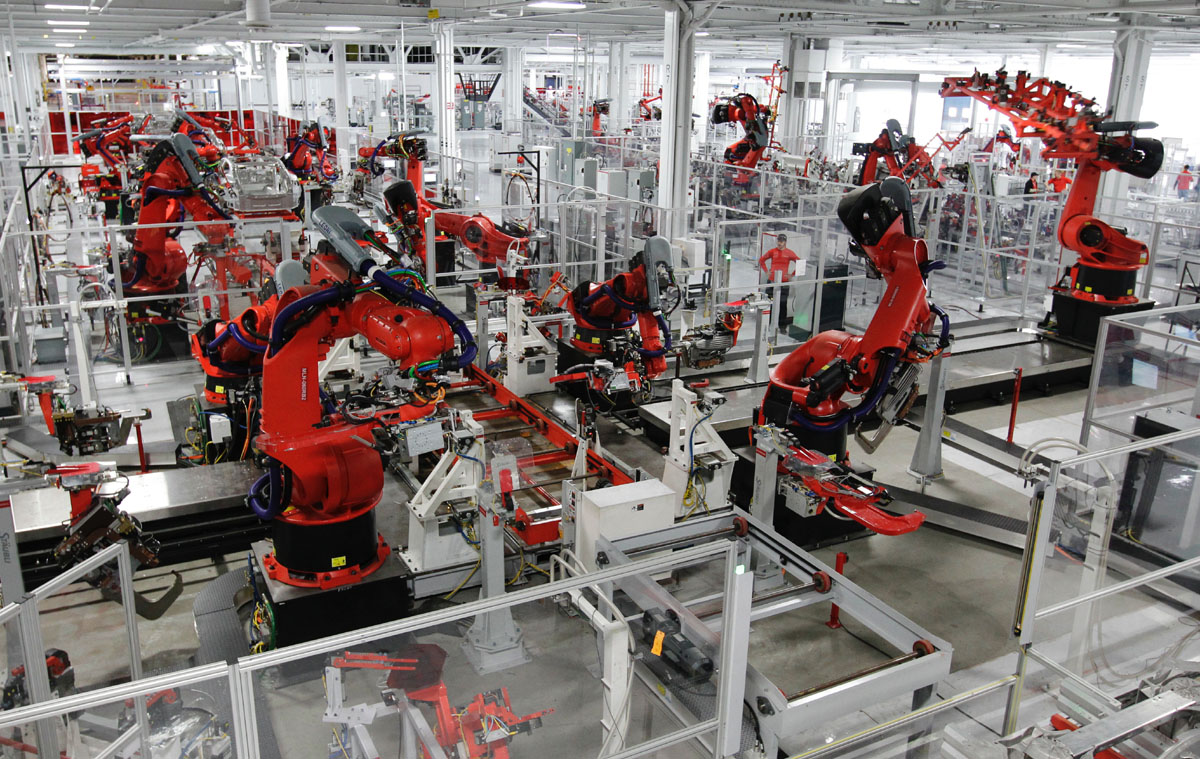Suddenly a robotized, automated economic reality is moving off the science fiction pages and into daily life. The growing use of unmanned battlefield drones is encouraging the growth of pilotless commercial aircraft — the first ever flew in British airspace last month. Google's driverless car is completing ever more trials ever more successfully: the world's major car companies are all hot in pursuit, working on their own prototypes of their own versions. The automated checkout at supermarkets is becoming as familiar as bank cash machines. From staff-free ticket offices to students who can learn online, it seems there is no corner of economic life in which people are not being replaced by machines.
This is the "Great Reset" — a cull of broadly middle-class jobs with middle-class incomes that is apparent across the West, but with little current sign of what industries and activities will replace them.
The world has lost millions of jobs before — on the land or in the old horse-powered economy — but they were soon replaced by jobs in the car industry or the new service industries. What worries many economists and computer scientists is that today's technologies are going to remove people from economic activity completely. Some argue that a dystopian world is emerging in which good jobs and full-time employment will become the preserve of an educated, computer-literate elite. For example Apple, Facebook, Amazon and Google are plainly riding the new wave, but they are not mass employers like Tesco, Ford or General Motors.

















With your current subscription plan you can comment on stories. However, before writing your first comment, please create a display name in the Profile section of your subscriber account page.